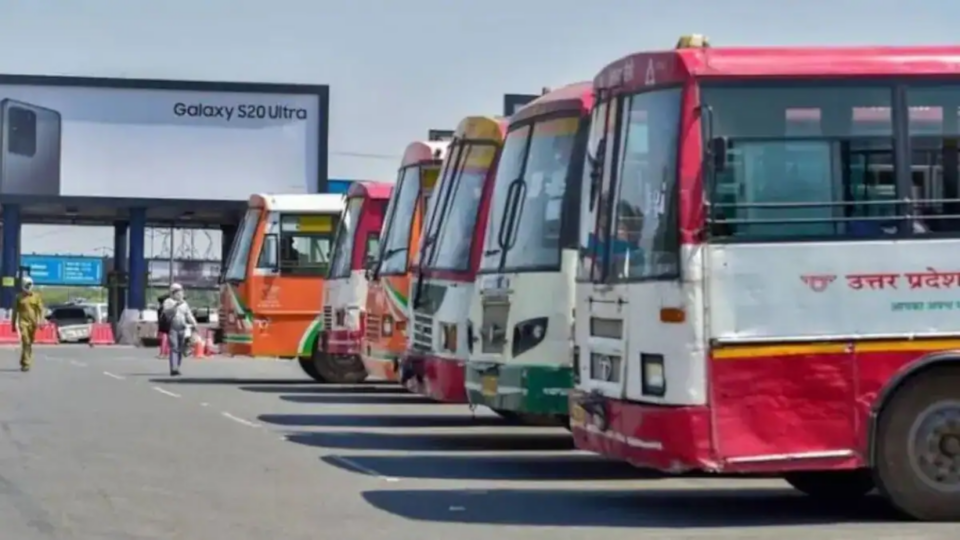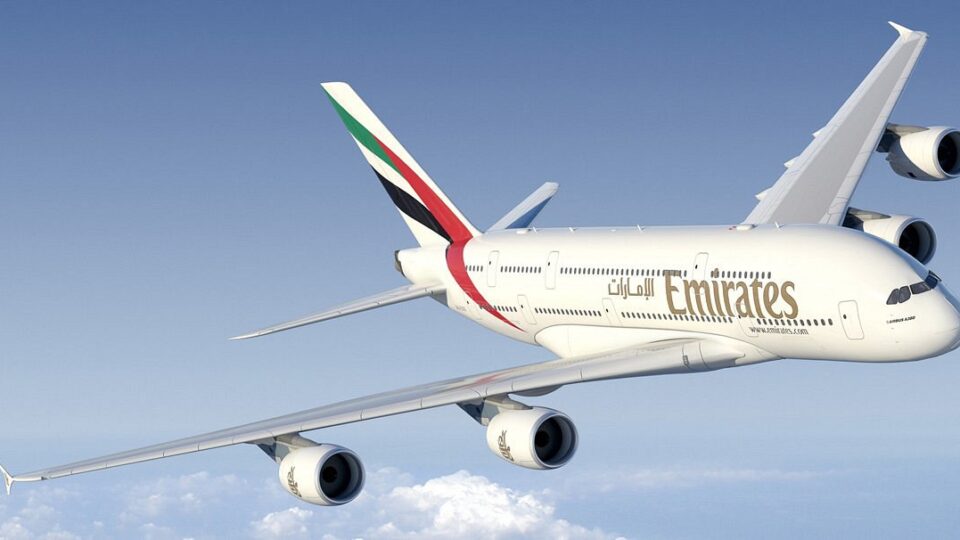
After originally being limited, domestic aircraft were permitted to operate at full capacity in October, after the Covid shutdown.
According to Rajiv Bansal, India’s Aviation Ministry’s Secretary, regular international flight operations would be back on track by year’s end.
In March of last year, the government went together into Covid lockdown, which meant that all foreign aircraft (save those on repatriation operations and carrying vital items like medications and food) were grounded. ‘Air bubble’ agreements with other nations allowed restrictions to be relaxed as the number of cases declined and vaccination coverage grew. As of now, India has 25 such agreements.
International passenger flights into the borders of other member nations are permitted under an air bubble agreement if certain requirements are met. According to Jyotiraditya Scindia, India’s Civil Aviation Minister, the normalization of international aviation operations is being evaluated.
Since many major European countries have seen an alarming increase in daily new instances of coronavirus, the government is taking precautionary steps to prevent a resurgence of the virus.
[ Also Read: Telegram Has Been Ordered By A Court To Hinder Access To Millions Of Members Of Piracy Channels ]
“I support the establishment of an Indian hub for civil aviation and the use of larger planes. However, stick with me and believe me; we will get there. You have my support. Together, we can do great things, “he said during a public gathering.
A two-month pause in domestic airline operations was lifted in May of last year. A maximum of 33% of all pre-Covid flights may be operated by airlines at first. It was steadily boosted to 80% by December of last year, according to the company. After a new wave of illnesses and fatalities swept the nation in June, occupancy rates dropped to 50%.
International passenger air travel was reopened on November 15 after the government said last month that it will begin issuing tourist visas as part of its preparations.



